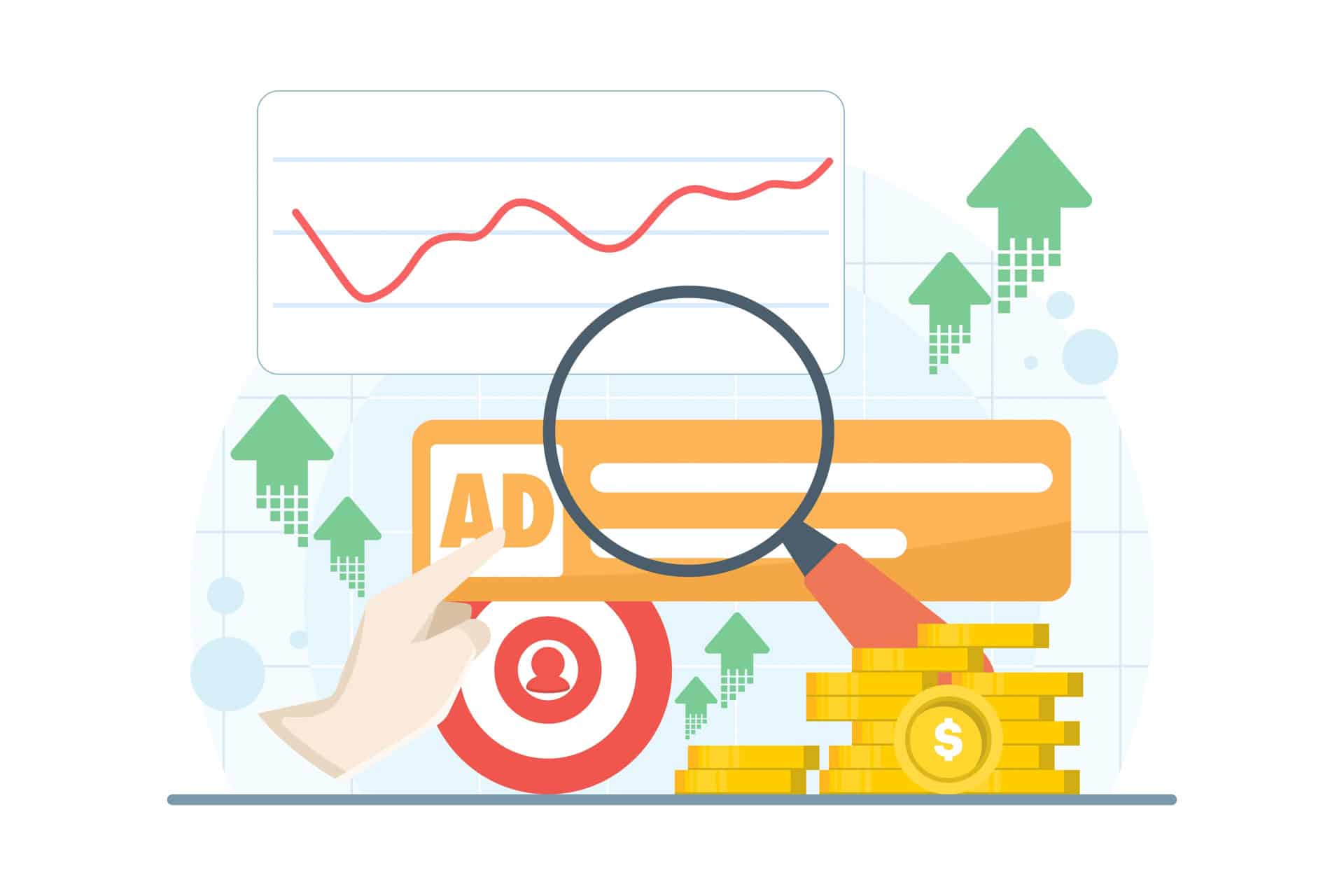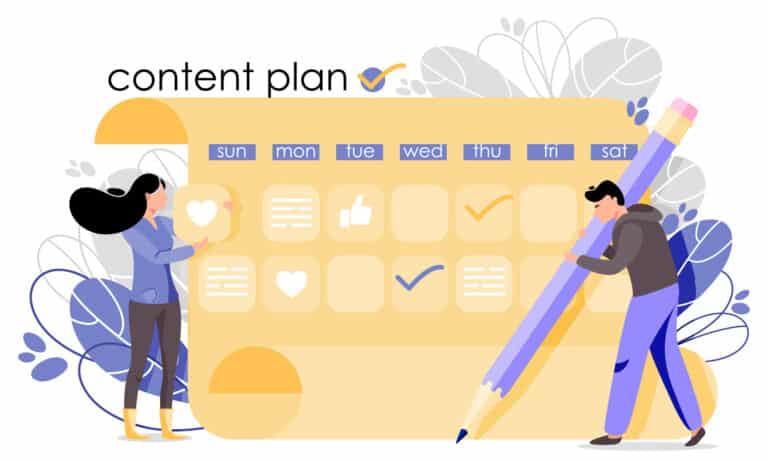We all love to feel special, even in small ways. That’s why that attention to detail really does matter when talking to our customers.
With most of our communication now sent digitally and upgrades in the technology available, there is an expectation that clients receive personalised marketing experiences. Think of those emails that arrive in your inbox with your name in the subject line – that’s a simple example of personalisation that’s easy to do.
Examples of personalised marketing include:
Personalised Emails:
By ensuring your email marketing database is up-to-date and accurate, there are several ways you can add a personalised touch to your email campaigns. Make the most of marketing with custom subject lines, messages, and greetings. Also, segment your email list. Who’s a repeat customer? Who’s only interested in x segment of your business and doesn’t care about y? By ensuring your emails are relevant, you give your customers a reason to open them and take action.
Product Recommendations:
We see this marketing done every day – whether it’s Netflix making recommendations for a new series they think you’ll enjoy based on previously watched programmes, or an online retailer matching items to your basket that “You Might Also Like”. This is an ideal way to upsell and cross-sell, when you know what your client will enjoy or may have previously consumed a product.
Personalised Products:
Literally anything can be personalised – websites, stock or branded products. Looking for an ideal way to have your brand at the tip of people’s tongues? Personalise a small gift or e-card for your clients. A simple gesture will go a long way!
Additionally, if your company sells bespoke personalisation services, what better way for your customers to view what is available?
Should you be using personalisation? We say yes! Here are a few compelling reasons why…
It’s Expected:
Consumers are increasingly experiencing personalisation every day from so many brands. It has now become the expectation. Studies have shown that over 80% of consumers would exchange data for a more personalised experience.
Build Customer Relationships:
Personalised marketing builds a rapport with your customers, strengthens connections and makes customers feel appreciated for their custom. Additionally, if you’re suggesting items that your customers may like, they will recognise that their preferences are being listened to. In turn, this will lead to more satisfied and loyal customers, supporting repeat business.
Target the Right Audience:
Personalisation also involves using the right medium to reach out to your target audience.
Ensure that you’re personalising this by using the right platform – for example, do you want to sell via social media, web, or print?
If you’re selling on social media, your ad will need to be personalised to stand out from the crowd and not be overly corporate. If selling to a more mature audience, social media may not work for you – perhaps a SMS message or print would be more suited.
Don’t Ignore First Time Customers:
When making an initial purchase from a brand, new customers may be sceptical, not knowing what to expect from your brand. By simply sending a personalised email, thanking them for their first purchase, customers will feel appreciated and will connect with your brand – you can turn an everyday rote purchase into something with some personality and joy.
A discount or free offering to encourage repeat business never hurts in this communication also!
You’re Only as Good as Your Worst Review:
In a world where online reviews can be easily written and read by consumers globally, online reviews do matter. A personalised experience with customers allows them to become more comfortable highlighting any issues they may encounter directly with your customer service. Additionally, where there is an emotional connection with the brand, they will be more likely to give the brand a second chance before writing a tarnishing review online.
Use Automation:
Technology has made it feasible for companies to personalise almost any product without losing work hours in the process. The key is to ensure you continuously update your database to ensure you can correctly place your customers into correct segmentations.
Keeping track of orders allows you to track repeat business and first-time customers.
Segmentation:
Personalisation by segmentation allows you to break your audience down into sub-groups based on specific, shared characteristics.
For example: new leads, repeat customers, first time clients and newsletter subscribers. Each segment can receive a personalised marketing strategy to ensure your brand remains the most relevant to them.
Create personalised content based on your customers’ previous behaviour, ensuring you’re more likely to convert them again.
Increase Engagement:
Content automatically becomes more engaging when it is personalised. Research indicates 80% of consumers are more likely to make a purchase when brands offer personalized experiences.
Need help with this or anything digital related? Reach out to our team below!





